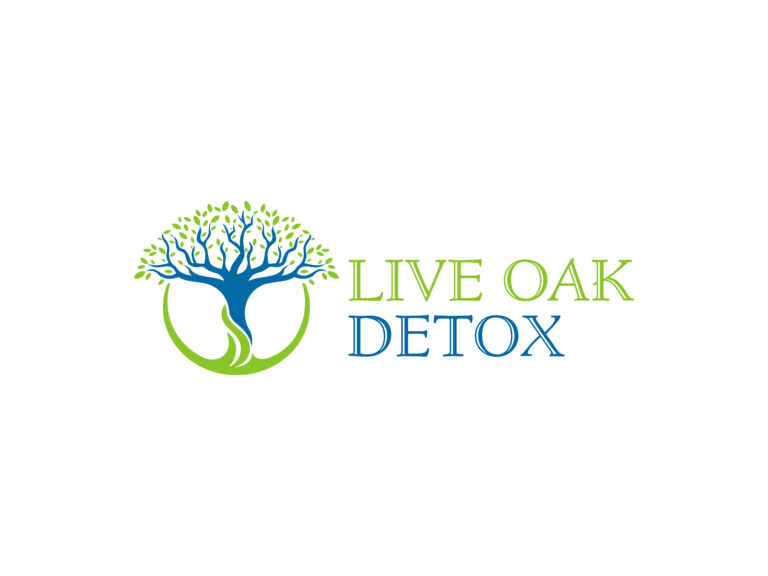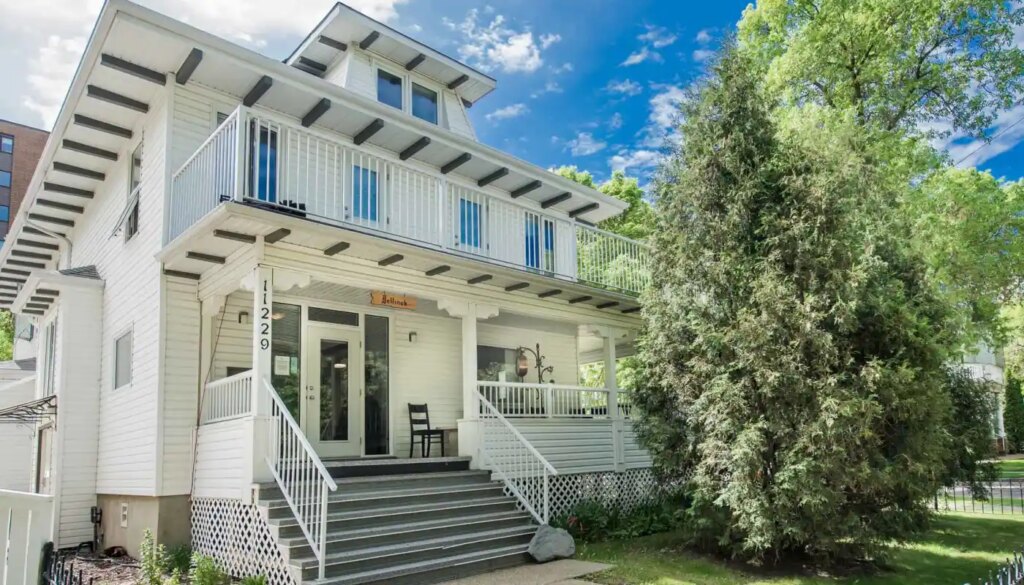



Struggling with alcohol addiction can feel overwhelming, but you’re not alone. Each year, millions of people seek help through alcohol rehabs, taking a courageous step toward reclaiming their lives. This guide will help you understand what alcohol rehabs are, their benefits, and answer common questions, empowering you to make an informed decision about your recovery journey.
Alcohol rehabs, short for rehabilitation centers, are specialized facilities designed to help individuals overcome alcohol use disorder (AUD). These centers offer structured, supportive environments where you can safely detox from alcohol and learn strategies to maintain sobriety. Unlike trying to quit on your own, alcohol rehabs provide professional guidance, evidence-based treatments, and a community of peers who understand your struggles.


Deciding to enter alcohol rehab is a profound act of self-care. It’s about more than stopping drinking; it’s a journey to understand yourself, heal from past hurts, and build a fulfilling life. Recovery isn’t always easy, but with the right support from alcohol rehabs, it’s absolutely achievable.
Remember, there’s no one-size-fits-all in recovery. Take time to research different alcohol rehabs, ask questions, and find a program that resonates with your needs and values. Whether you’re considering rehab for yourself or a loved one, this step shows tremendous courage. In the challenging but rewarding journey ahead, hold onto this truth: a brighter, healthier future is possible. Your path to that future may very well start at one of these alcohol rehabs.
Signs include inability to control drinking, neglecting responsibilities, drinking despite consequences, withdrawal symptoms, or loved ones expressing concern. A professional assessment can confirm if rehab is appropriate.
AUD can have a range of physical, psychological, and social effects. It can lead to health problems, relationship issues, and financial difficulties. It can also increase the risk of developing other mental health conditions, such as depression.
Typically 30, 60, or 90 days for inpatient. However, recovery is a lifelong process. Many continue with outpatient care or support groups after initial treatment.
Many options exist. Insurance often covers some costs. Some rehabs offer sliding scale fees, payment plans, or scholarships. State-funded programs provide low-cost options.
No. Rehabs help anyone struggling with alcohol, from early-stage problem drinking to severe dependency. Early intervention often leads to better outcomes.